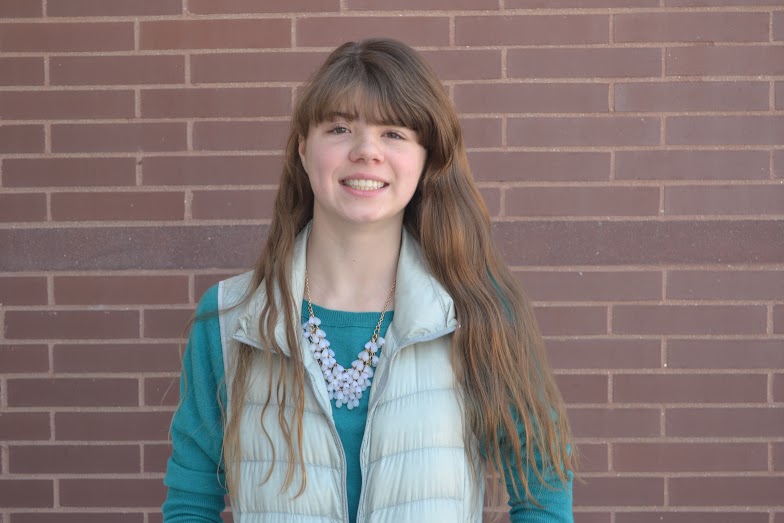With spring comes course selection for the next school year, which was due on April 1. Depending on what grade students are going into, their choices vary as far as courses available. For all grades, most core classes are offered at three placement levels: college prep (CP), advanced college prep (ACP), and honors. Even though this may seem like a variety of options, students do not have the resources to be able to choose the level right for them.
Once a student selects his courses for the next year, it is often difficult to switch to a different level. With students’ future in mind, which, for most, includes college, course selection can be very stressful. If a student is debating between levels in a course, the pressure of college admittance often leads him to choose the higher level course, even though that might not be the best choice.
Because there are several types of courses within a subject, it is difficult for a student to predict whether or not he or she will be able to handle the workload or the pace.
If a student is deciding between ACP and Honors Algebra, knowing that they may not be able to switch out if it is too hard, she may just select ACP. This limits her possibility to succeed in the more challenging class in the current year and in the future.
While it is understandable that course selections must be somewhat strict (otherwise there could be a lot of chaos), the administration should offer more flexibility for students who change their minds.
One solution would be an optional test to demonstrate the level of difficulty of the upcoming course. That way, if a student so chooses, he or she can take the test to get a feel for the course’s demands. This test would also allow the teachers to make a more accurate evaluation of the student’s potential.
Overall, the purpose of choosing a course level is to narrow your focus into your interests. Eliminating the possibility for a student to choose or change what course he or she wants would hurt the ability to focus on the subjects he or she are interested in, which is the ultimate goal when making decisions for the future.
(Lily Fenton ’17, Staff Writer)

